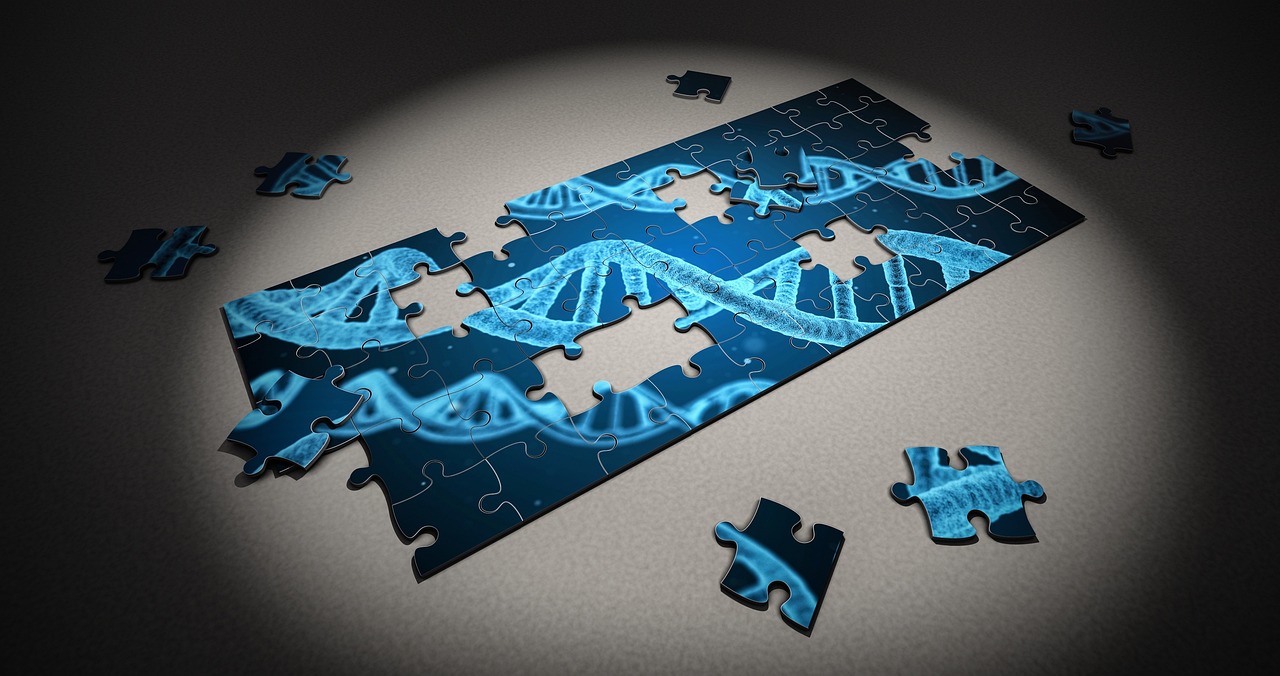 Background
Background
Schizophrenia is a chronic and severe mental disorder affecting the way a person thinks, feels and behaves. When you ask a person what is the first thing they think of related to schizophrenia, its that a persons mind is in La La Land and not completely with reality. However, there are classifications to these symptoms, positive and negative. Hallucinations, delusions and thought disorders are considered positive symptoms, as they are psychotic behaviors not often seen in healthy people. Negative symptoms are considered to be disruption to normal emotions and behaviors such as reduced speaking or reduced expression of emotions. Every day activities can impact peoples lives but many wonder. Is it nurture or nature? What about both?
Nurture (Environment)
The way you are raised and cared for is so important for people’s development. If something happens during critical periods of development, it can have negative consequences. Some researchers believe that exposure to viruses, especially when babies still in the womb play a key role. This is because scientists believe that a virus may alter brain development. Other facts include malnutrition before birth, psychosocial factors (life events, social network, etc.) and difficulties during birth.
Nature (Genes)

Genes. Everyone has them. They are what make you, you! Nobody will have the exact genes, but we can have similar ones. Scientists believe that some genes increase the risk of developing schizophrenia but there is not an exact gene that will cause it. Weird right? However, it makes sense. Families could go generations without having a member with schizophrenia and then BOOM! A member has been diagnosed. Have you ever wondered why people are not diagnosed when they are young? It’s because their brain is still developing. During puberty or early adulthood is when the brain goes through a major change. This major change may trigger something deep down, resulting in schizophrenia but it can’t be controlled because the human body is meant to develop.
What About Both?
If nurture doesn’t directly cause it and nature doesn’t directly cause it. Maybe it requires both. If a child is born with a possible risk of developing schizophrenia it could go unnoticed for their whole life (nature). As the child grows older and their brain is further developed, they may encounter another event that causes the release of certain neurotransmitters such as dopamine, serotonin or glutamate or even exposure to a virus at a young age can cause a chemical alteration in the brain, triggering this unnoticed gene (nurture). It’s almost like a double tap. The first hit would come from a risk gene for schizophrenia. There is no guarantee that this will cause it, but another hit through the environment (virus, stressor, drug use, brain development) will trigger that gene, expressing schizophrenia.
Schizophrenia is very complicated to understand and research is ongoing. Due to the variety of signs and symptoms, as well as the possible causes of this illness, treating it is difficult. Many doctors prescribe medication to manage the signs and symptoms, not the actual cause.
Hopefully after reading this, you are better able to understand that there is no definite cause and doesn’t occur through a one, two, three process.
Sources:
https://www.nimh.nih.gov/health/topics/schizophrenia/index.shtml